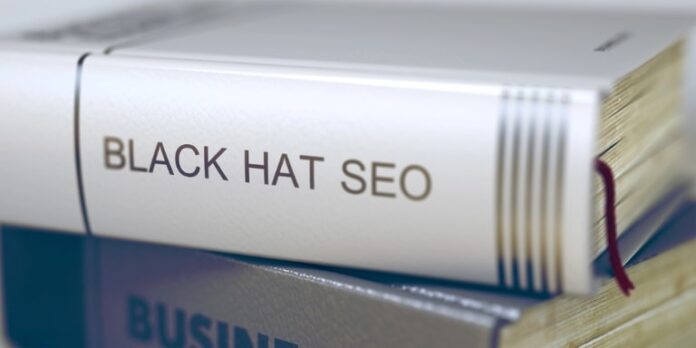In today’s competitive digital marketing environment, search engine optimization (SEO) plays a very important role for lawyers and law firms that want to attract clients through the internet. Nonetheless, not every Black Hat SEO Guide for Lawyers is the same.
Others may yield fast results but are very risky, as they can cost you a bad name and see your webpage penalised or banned altogether by the search engines, such as Google. The stakes are even greater in the case of legal professionals, where trust and credibility are everything.
This guide describes what black hat SEO is, how one uses it in the legal industry, and why you should not do it.
What Does Black Hat SEO Mean?
Black hat SEO is the tactics that aim at controlling search engine algorithms to have their search engine ranking by breaching the terms of the search engine. Such strategies usually lead to deception, automation, or unethical work that will lead to a quick victory rather than a good user experience.
As much as certain black hat methods can produce temporary traffic spikes, they nearly always result in penalties that are detrimental to the traffic and authority of your website.
Popular Black Hat SEO Tricks of the Law Business
The following are some black hat SEO tactics that may be used by a lawyer or a marketer (but he or she is mistaken):
1. Keyword Stuffing
Keyword stuffing refers to the practice of placing a high frequency of keywords on a web page, in context, often unnaturally, and in large amounts. For example:
Our personal injury lawyer in Fort Wayne is a personal injury attorney who takes care of personal injury cases on behalf of clients requiring personal injury attorney representation by a personal injury lawyer.
Not only is this ungainly to read, but it is also doing so in a way that points to the manipulation of search engines.
2. Cloaking
Cloaking happens when search engines are presented with one thing, and human visitors are presented with another. A web page presented on the site of a law firm can be pretty well-written for human users, and yet it can contain keyword-heavy or spam pages to be crawled by the search engine bot and provide rankings.
3. Hidden Text and Links
Such white-on-white, off-screen positioning, and zero font size schemes are all schemes that some websites use to make it hard to see what the content really is to the viewer (or, in the case of a spam link, impossible to see) but do not actually make the text hidden in the eyes of a crawler.
4. Buying Backlinks
Good backlinks are essential in SEO. But acquiring links via link farms, PBNs, and spam sites is a no-brainer black hat method. The algorithms at Google are now very good at identifying unnatural link patterns.
5. Duplication and Article Spinning
Another tactic that is likely to get you penalised is copying or using some tools to “spin” the content that is produced by other websites. Such a practice is of no value to readers and weakens your brand authority.
6. Fake Testimonials and Reviews
Other lawyers will write positive fake Google or Yelp reviews or directory reviews to strengthen the reputation of the law firm. Not only is this unethical, but it can also be legally actionable in many states against the advertising rules.
The Reasons Why Lawyers Should Avoid Black Hat SEO
Other industries might not even garner a wrist-slap, but the legal profession has much tougher ethical standards. This is why a black hat SEO should be avoided by lawyers:
Reputation Loss: Once a law firm is caught red-handed with the use of deceptive SEO practices, its reputation will be tainted, not only with Google but also with its prospective clients.
Declines in Rankings: Ranking declines may result in a loss of traffic even for sudden and dramatic candidates.
Legal Implications: In certain circumstances, engaging in deceptive marketing practices may result in breaching state bar laws set aside to govern the advertisement or breaking the laws stipulated by the Federal Trade Commission, which would cost your firm legal matters like fines or disciplinary actions.
Client Reliability: Search engine optimization can offer a temporary traffic increase, but clients will not stay long if they fail to relate to it with regard to misleading content/low standards.
Best Practices: Best of White Hat Law Firm SEO
Law firms should have invested in the white hat SEO, the tactic that complies with the directives of search engines and adds value to users, as opposed to skipping shortcuts. This includes:
- Production of well-researched original content
- Obtaining backlinks through guest blogs and PR
- Usability improvement of mobile-friendliness and site speed optimisation
- The development of an effective user experience, providing an intuitive design
- Based on the local SEO best practices (such as Google Business Profile optimisation)
Final Thoughts
Black hat SEO might be alluring, particularly when there is stiff competition and when digital marketing is expensive. However, to the lawyers and law firms, the dangers outweigh the benefits by far. By having an ethical, sustainable SEO, you not only safeguard your online reputation, but you also gain the assurance and the authority of trust on which your potential clients will rely on legal professionals.




